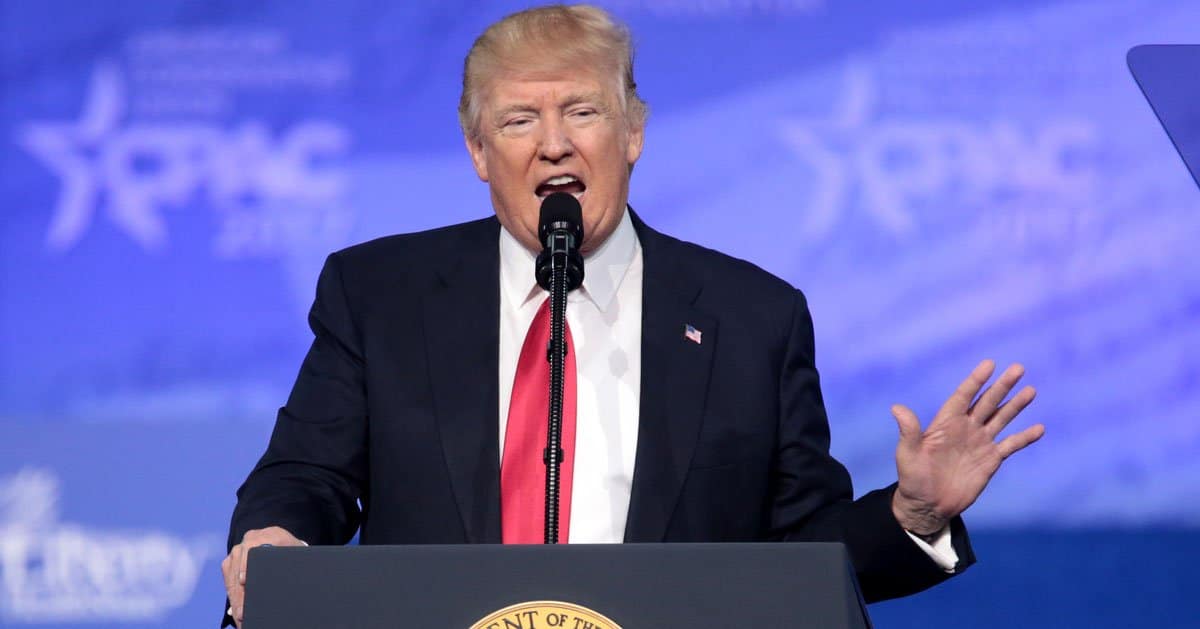








A federal judge’s decision to free an alleged MS-13 gang member has ignited a firestorm of criticism from Department of Homeland Security Secretary Kristi Noem.
Breitbart reported that in June 2025, U.S. Magistrate Judge Barbara Holmes ordered the release of Kilmar Armando Abrego Garcia from a Tennessee jail near Nashville.
This followed his detention in El Salvador’s CECOT prison, from which he was also freed earlier that year. The move has sparked intense debate over judicial oversight and public safety.
Abrego Garcia, now en route to his family in Maryland, must comply with strict conditions and report to ICE’s Baltimore field office.
Noem argues this arrangement fails to address the severity of his alleged crimes. The decision has drawn sharp scrutiny from conservative voices demanding tougher immigration enforcement.
Noem blasted the ruling, stating, “Activist liberal judges have attempted to obstruct our law enforcement every step of the way.”
Her words reflect a broader conservative frustration with judicial leniency toward unauthorized migrants with criminal allegations. The charge of obstruction resonates with those skeptical of progressive judicial agendas.
Abrego Garcia faces accusations of MS-13 gang membership, human smuggling, serial domestic abuse, and child predation.
These claims, reported by Breitbart News, paint a grim picture of a man critics argue should not walk free. Yet, his release suggests a judicial system some see as prioritizing procedure over public safety.
When arrested, authorities found Abrego Garcia with cash, drugs, and two other alleged MS-13 members, dressed in what Tricia McLaughlin called “effectively MS-13’s uniform.” This detail fuels concerns about his ties to a notoriously violent gang. Critics question whether conditions like ICE check-ins adequately mitigate such risks.
Democrats, including Sen. Chris Van Hollen of Maryland, have rallied behind Abrego Garcia. Van Hollen met with him in El Salvador after his 2019 deportation by the Trump administration. This advocacy highlights a deep partisan divide over immigration policy and deportation practices.
Sean Hecker, a defender of Abrego Garcia, claimed, “Abrego was unlawfully arrested and deported, and then imprisoned.” Hecker’s statement suggests the deportation was a vindictive act against a man challenging an overreaching administration. But this narrative struggles against the weight of Abrego Garcia’s alleged criminal ties.
The claim of unlawful deportation stems from Abrego Garcia’s 2019 assertion that returning to El Salvador would endanger his life due to gang conflicts.
Yet, evidence of his MS-13 affiliations undermines arguments for his protection. Conservatives argue this case exposes flaws in asylum policies that allow dangerous individuals to exploit legal loopholes.
Noem didn’t mince words: “This judge has shown a complete disregard for the safety of the American people.” Her critique frames the release as a reckless decision that endangers communities. The rhetoric taps into fears that lax enforcement emboldens criminal elements within migrant populations.
Abrego Garcia’s release conditions require him to check in with ICE, but skeptics doubt this ensures accountability.
For many, the image of an alleged gang member walking free conjures worries about unchecked crime. The conditions seem a flimsy barrier against someone with such serious accusations.
Breitbart News highlighted Abrego Garcia’s arrest alongside MS-13 members, noting the cash and drugs found on him. This context strengthens conservative arguments that his release undermines law enforcement efforts. The optics of a judge freeing such a figure fuel distrust in the system.
Noem’s statement, “We will not stop fighting till this Salvadoran man faces justice,” signals a commitment to reversing the ruling.
Her resolve aligns with a conservative push for stricter immigration enforcement. The case has become a rallying point for those who see judicial activism as a threat to national security.
Meanwhile, defenders like Hecker argue the deportation was an attack on the rule of law. This clash of perspectives—law enforcement versus legal rights—underscores broader tensions in immigration policy. The debate isn’t just about one man but about the principles guiding America’s borders.



